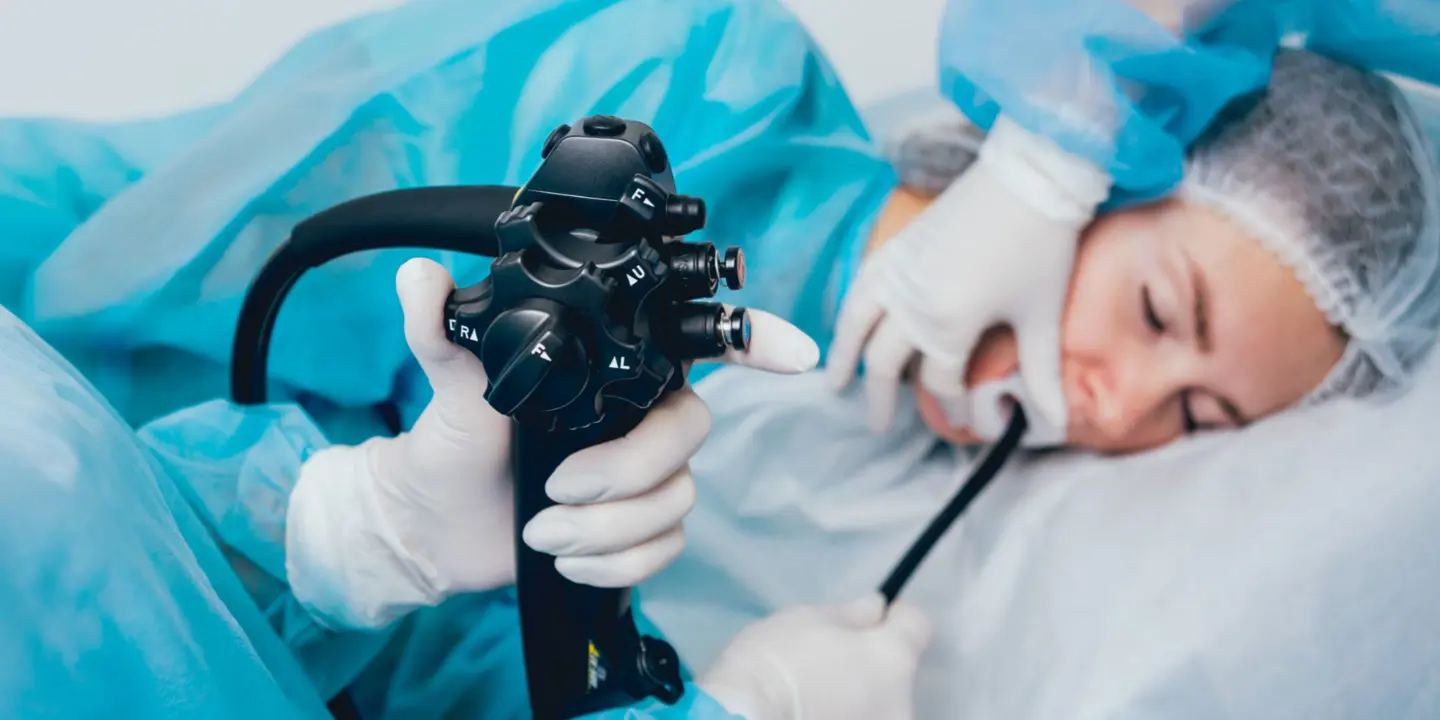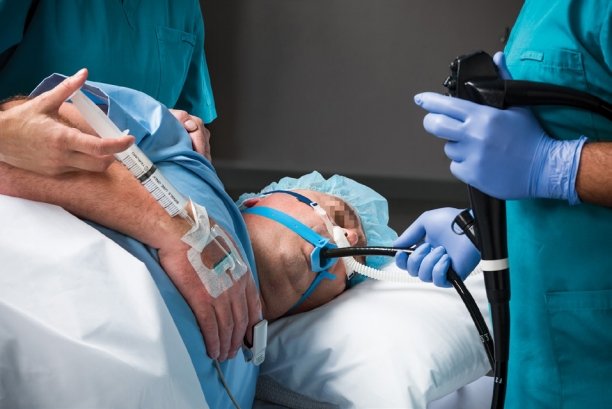
The Importance of Gastroscopy in Cancer Detection
Early detection is critical in the fight against cancer, particularly gastrointestinal cancers, where symptoms often go unnoticed until the disease has advanced. Gastroscopy, a minimally invasive procedure, plays a pivotal role in diagnosing and preventing such cancers. This article explores why gastroscopy is essential in cancer detection and how it can save lives by identifying issues early.
Understanding Gastroscopy and Its Purpose
Gastroscopy, also known as upper endoscopy, involves the use of a thin, flexible tube equipped with a camera to examine the upper gastrointestinal tract, including the esophagus, stomach, and duodenum. The procedure helps detect abnormalities such as ulcers, inflammation, and, most importantly, precancerous or cancerous lesions.
During the procedure, tissue samples (biopsies) may be taken for further analysis, allowing doctors to diagnose conditions accurately. By providing a clear view of the gastrointestinal lining, gastroscopy is invaluable in detecting cancer in its early stages when treatment is most effective.
The Role of Gastroscopy in Early Cancer Detection
Identifying Precancerous Conditions
Conditions like Barrett’s esophagus, chronic gastritis, or polyps in the stomach can increase the risk of developing cancer. Gastroscopy allows doctors to identify these precancerous changes and monitor them over time. Early intervention, whether through medication, lifestyle changes, or minor surgical procedures, can significantly reduce the risk of progression to cancer.
Detecting Cancer in Asymptomatic Individuals
Many gastrointestinal cancers are asymptomatic in their early stages. A gastroscopy can detect subtle signs of cancer before symptoms develop, offering patients a better prognosis. This is particularly important for individuals with a family history of cancer or those with risk factors such as smoking, excessive alcohol consumption, or obesity.
Who Should Consider Gastroscopy for Cancer Detection?
High-Risk Individuals
People with a family history of gastrointestinal cancer, chronic acid reflux, or long-standing symptoms of indigestion should discuss gastroscopy with their healthcare provider. Early screening can help catch abnormalities that might otherwise go undetected until it’s too late.
People with Persistent Symptoms
Persistent symptoms such as unexplained weight loss, difficulty swallowing, or blood in stools should never be ignored. Gastroscopy is often recommended in these cases to rule out serious underlying conditions, including cancer.

Benefits of Early Cancer Detection Through Gastroscopy
Improved Survival Rates
When detected early, the survival rates for gastrointestinal cancers are significantly higher. Gastroscopy enables the identification of cancerous lesions when they are still localized and manageable, improving the chances of successful treatment.
Minimally Invasive Treatment Options
Early detection allows for less invasive treatment methods. For instance, early-stage cancers can often be treated using endoscopic resection, avoiding the need for more extensive surgeries. This reduces recovery time and improves the patient’s quality of life.
What to Expect During and After a Gastroscopy
Gastroscopy is typically performed under light sedation, ensuring patient comfort. The procedure itself takes about 15-30 minutes, during which the doctor carefully examines the gastrointestinal tract. Afterward, patients may feel mild discomfort or a sore throat, which usually resolves within a day.
Recovery is quick, with most people resuming normal activities within a day. Any concerning findings during the procedure will be discussed with the patient, along with recommendations for further testing or treatment if necessary.
When Should You Schedule a Gastroscopy?
Regular gastroscopy may be recommended for individuals with high-risk factors or ongoing gastrointestinal symptoms. Your healthcare provider will guide you on the appropriate frequency based on your medical history and risk profile. If you’re experiencing symptoms like chronic indigestion, frequent heartburn, or unexplained abdominal pain, it’s crucial to seek medical advice promptly.
Conclusion
Gastroscopy is a powerful tool in the early detection and prevention of gastrointestinal cancers. By identifying precancerous conditions and asymptomatic cancers, this procedure significantly improves treatment outcomes and survival rates. Whether you’re at high risk or experiencing persistent symptoms, a gastroscopy can provide peace of mind and invaluable insights into your gastrointestinal health.


